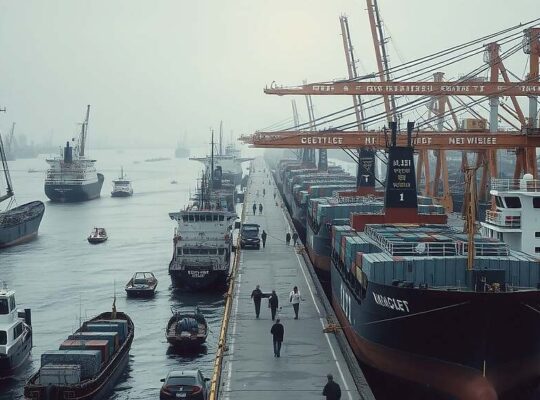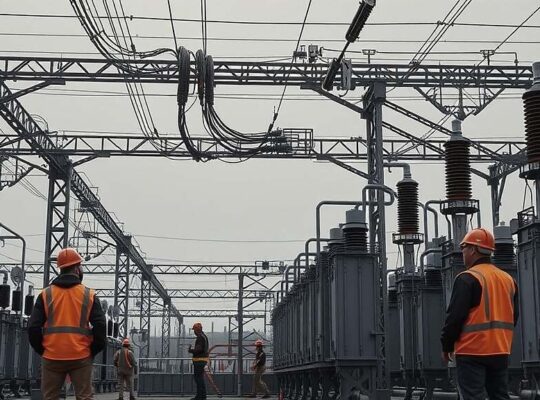German Finance Minister Lars Klingbeil is escalating pressure on China to ensure goods entering the European market adhere to stringent German quality and safety standards, signaling a shift in Berlin’s approach to trade relations. Speaking in Shanghai, Klingbeil directly addressed the increasing influx of what he characterized as “Chinese cheap goods” overwhelming Europe, emphasizing concerns related to consumer safety and product integrity.
The remarks represent a clear escalation of concern within the German government regarding the impact of platforms like Temu – a service Klingbeil stated he has no intention of using – on both domestic industries and consumer well-being. While acknowledging the importance of maintaining open market access for Chinese products, Klingbeil stressed his intention to enforce existing regulations more rigorously, potentially requiring Beijing to adopt stricter export protocols.
Beyond simply enforcing existing rules, the finance minister is advocating for measures that could significantly impact the attractiveness of low-priced Chinese imports. Proposals include the introduction of a “handling fee” levied on packages, effectively increasing the cost of individual shipments. Furthermore, Klingbeil supports the complete abolition of the current €150 de minimis threshold for customs duties, a move that would subject smaller shipments to import taxes and potentially deter some consumers.
Critics suggest these measures, while seemingly protective of German interests, could trigger retaliatory actions from China and further complicate already strained geopolitical relations. Concerns are also being raised regarding the potential impact on German consumers, primarily those reliant on lower-priced goods from overseas. While the government frames its actions as necessary for consumer protection and safeguarding German industries, observers are keenly watching to see how China will respond and whether these steps will genuinely address the underlying issues of quality control and fair trade practices. The move signifies a noteworthy hardening of Germany’s trade policy, potentially setting a precedent for other European nations navigating the complexities of economic engagement with China.












